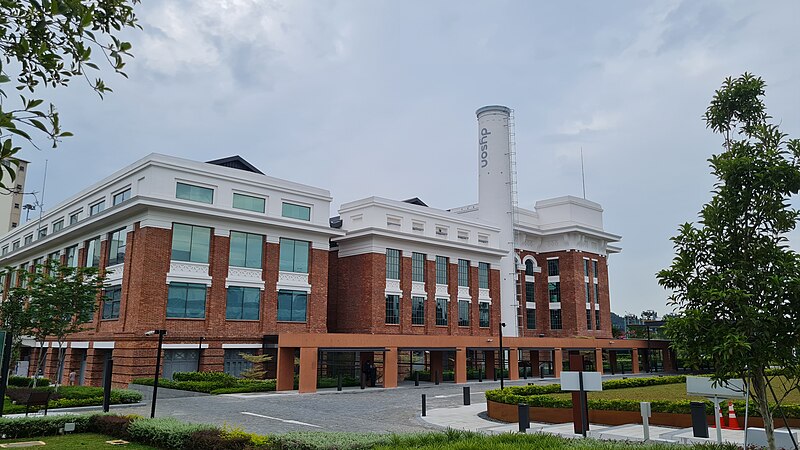
Dyson, the renowned vacuum cleaner manufacturer, announced plans to cut up to 1,000 jobs in the UK as part of a cost-cutting initiative. This move will result in a reduction of more than a
quarter of its UK workforce.
The company, which moved its headquarters to Singapore in 2019, currently employs 3,500 people in the UK across offices in Wiltshire, Bristol, and London. Employees were informed of the job cuts on Tuesday morning.
Dyson's chief executive, Hanno Kirner, stated that the job losses are a consequence of the company's review of its global structure to better prepare for future challenges. "We are proposing changes to our organisation, which may result in redundancies. Dyson operates in increasingly fierce and competitive global markets, in which the pace of innovation and change is only accelerating," Kirner explained.
Despite relocating its headquarters to Singapore, Dyson has maintained significant operations in the UK. Engineers continue to work at the Dyson Technology Campus in Malmesbury, Wiltshire. However, Dyson's latest financial reports, submitted in October last year, showed a slight decline in pre-tax annual profit from £10.2 million in 2021 to £9.6 million in 2022, attributed to a decrease in the number of goods sold.
The decision to move the headquarters drew criticism, with some accusing founder Sir James Dyson of hypocrisy for relocating the company's base to Asia while being a prominent supporter of Brexit. Sir James defended the move, citing commercial reasons and the strategic importance of Asia as a future market for Dyson's products.
In line with its expansion in Asia, Dyson is building a significant battery plant in Singapore, set to open in 2025, marking its most substantial investment in advanced manufacturing to date. The company also announced plans for a technology centre in the Philippines, aiming to hire an additional 400 engineers, and a £100 million research and development hub in Bristol.
Sir James Dyson, who is ranked fifth on the Sunday Times Rich List with a fortune of £2.2 billion, has been vocal in his criticism of the former Conservative government’s economic policies. He praised Liz Truss and Kwasi Kwarteng for their approach to growth while criticizing former Prime Minister Rishi Sunak and former Chancellor Jeremy Hunt for their handling of the economy. "Wealth generation and growth became dirty words," Sir James remarked. "I’ve always believed that inflation isn’t quite the enemy everyone thinks it is. If you’ve got growth, a bit of inflation doesn’t matter. If you get inflation down and kill growth, I think you’re in trouble." Photo by Westliche, Wikimedia commons.




































